- Home
- Addiction Treatment
- Dual Diagnosis
- Dual Diagnosis: Depression
Dual Diagnosis: Depression
Depression is notoriously challenging to live with.
In the UK in the summer of 2021, 1 in 6 people were living with it.
Many people with depression turn to substances to try and manage the symptoms before seeking professional help.
When you’re diagnosed as having both an addiction and depression, this is known as a dual diagnosis.
At this point, entering rehab offers a brilliant way to way to begin recovery.
What Is Depression?
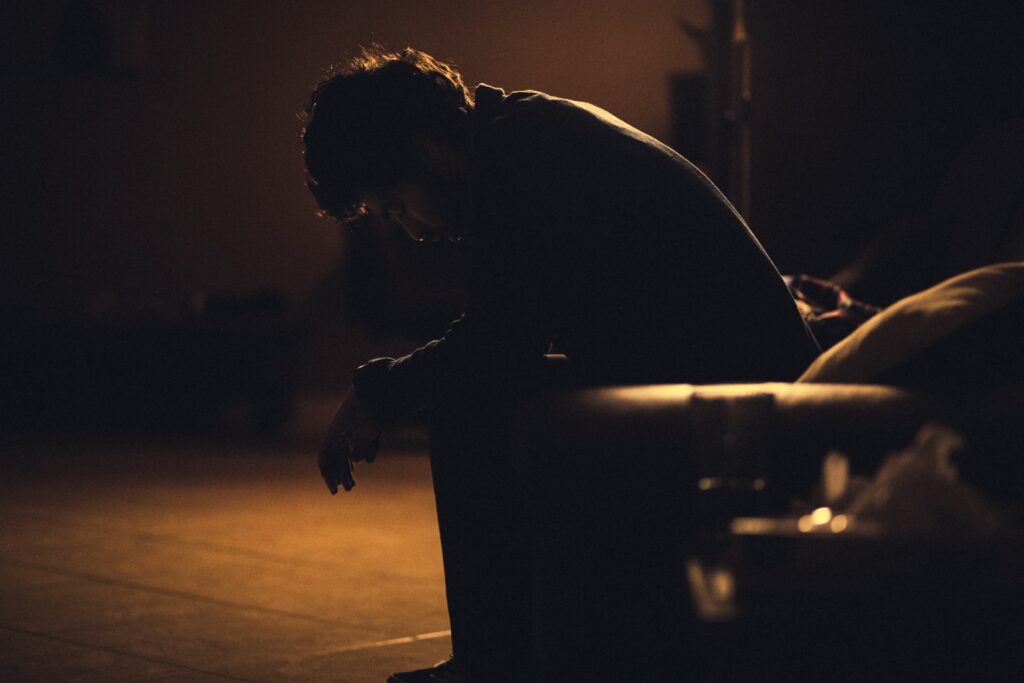
It’s important to keep in mind that depression isn’t having a bad day.
Lots of people make the comment, “I’m so depressed” when they aren’t.
This is diminishing to the reality of those who are living with depression.
Depression is marked by the following:
- Fatigue
- Insomnia
- Low or depressed mood for the majority of the day, every single day
- Feeling worthless and guilty
- Loss of interest in activities, hobbies, and interests
- Fluctuation in appetite and weight
- Unable to make decisions
- A reduction in speech and behaviours – people literally become slower
- Suicidal thoughts, ideation, and behaviours

Some people can present with manic symptoms, while others might present with anxious symptoms.
The most common types are:
- Major depression
- Bipolar disorder (formally known as manic depression)
- Seasonal Affective Disorder (SAD)
- Perinatal or post-partum depression
How Depression Affects Health
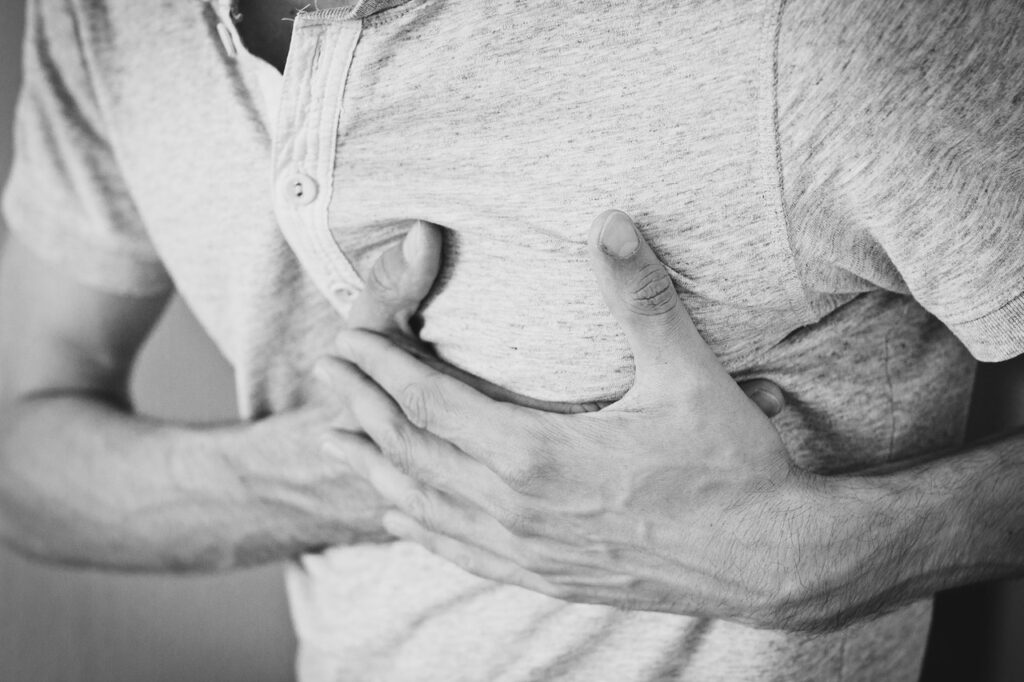
In relation to psychological health, depression is obviously a severe mental health illness with symptoms described above.
People can be debilitated by depression.
It negatively impacts a person’s whole life and at its worst, can cause suicide.
In relation to physical health, depression can reduce the effectiveness of the immune system.
This therefore increased the chances of illnesses and diseases linked to the heart, cancer, stroke and auto-immune diseases.
What Is Addiction?
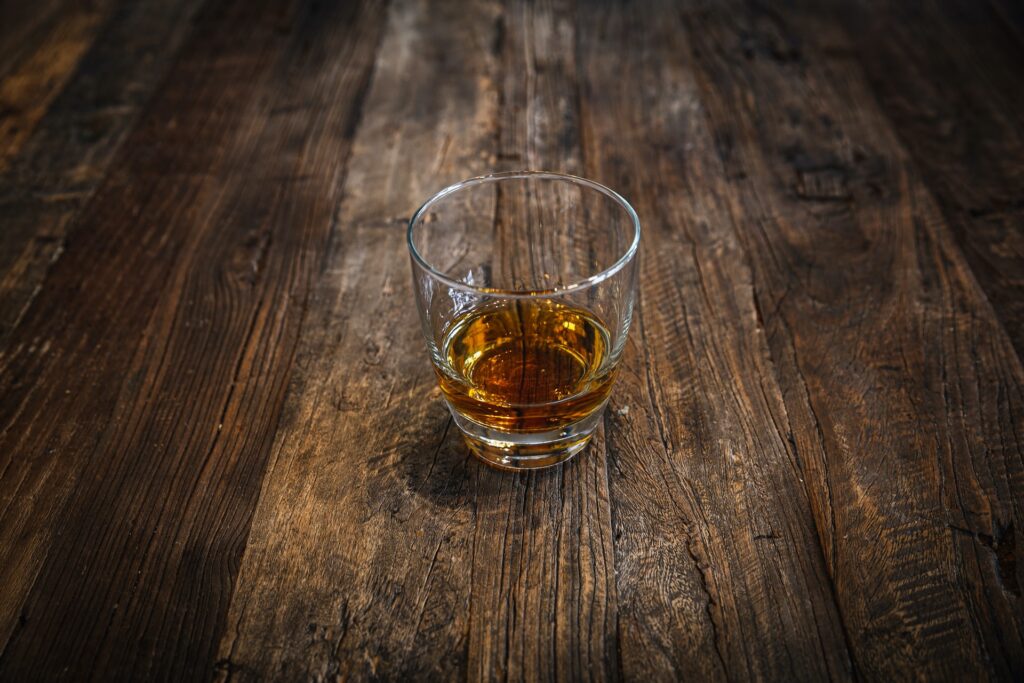
Addiction is where a person starts using drugs or alcohol without control.
They come to need to the substance to function normally and will crave it.
Addiction symptoms include:
- Needing more drugs and alcohol to feel an effect because of a tolerance being built up.
- Trying to stop using substances but not being able to.
- Having cravings as well as frequently thinking and dreaming about the substance.
- Deterioration of familial, social, and work relationships.
- Lying and manipulating others to get substances or to hide use.
- Using in increasingly dangerous ways and taking high risks (i.e. using more the one substance and/or driving under the influence).
- Physical and mental health issues developing.
- Developing withdrawal symptoms as drugs and alcohol leave the body.
Addiction isn’t only destructive for the individual -it’s heart-breaking to anyone who loves the person.
It’s an illness with wide-reaching effects.
The Link Between Depression And Addiction
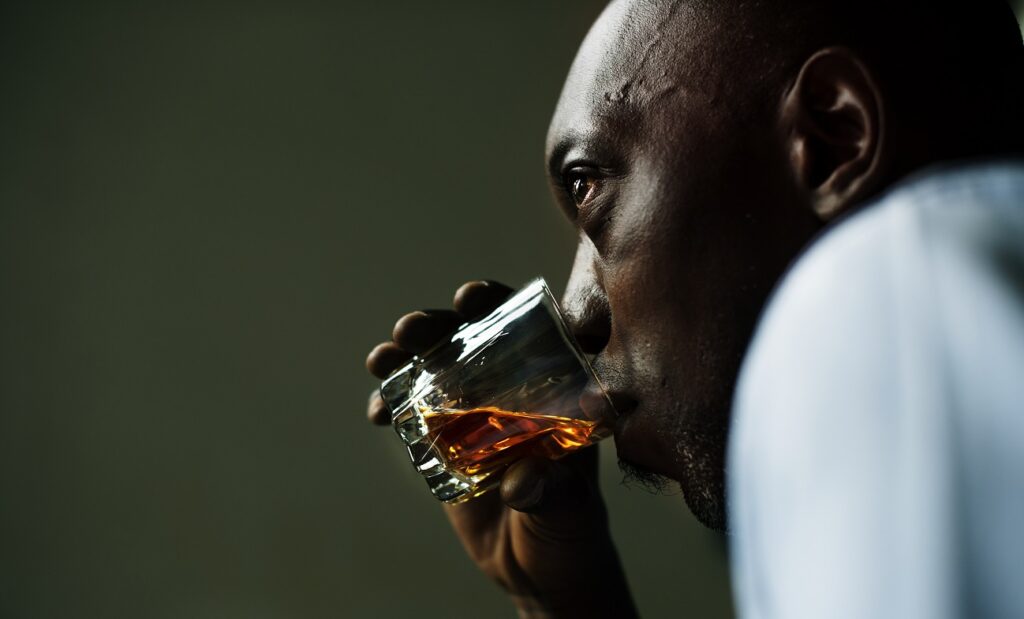
It’s well-renowned that depression and addiction are linked.
Many people experience the two together.
One study stated that depression is the most highly associated mental health condition related to addiction. being prevalent in 12-80% of cases.
There’s a reason this is the case and it’s linked to how the two conditions feed off each other, creating a cycle of use.
What Is Self-Medicating?

Self-medicating is when people use drugs or alcohol to make themselves feel better.
This is common when people feel low, down or depressed.
Psychoactive substances affect brain chemistry and can in the immediate instance make people feel relaxed, calm, happy, and even pain-free.
This is why people might return to a substance when they’re feeling depressed.
The Dangers Of Self-Medicating
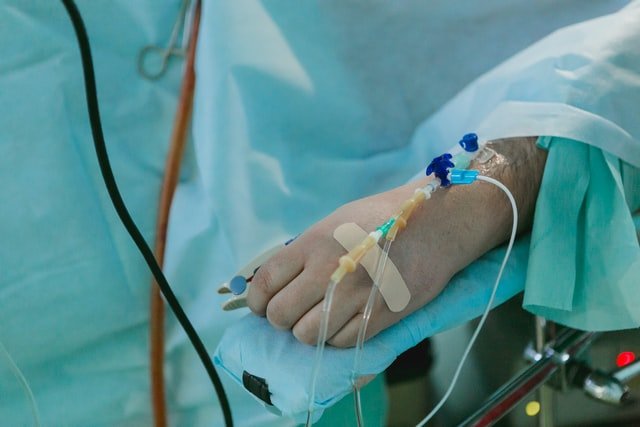
While substances might bring an immediate relief, it’s short-lived.
Drugs and alcohol seriously damage long-term mental health.
Drinking alcohol regularly reduces serotonin levels.
Serotonin is the brain’s natural mood enhancer.
Hangovers make people feel anxious, guilty, jittery and low.
Alcohol also seriously impacts the thyroid which controls hormones that affect mood. 63.8% of people with alcohol dependency have depression.
A person might think alcohol helps, but in the long run, it really doesn’t.
Cannabis
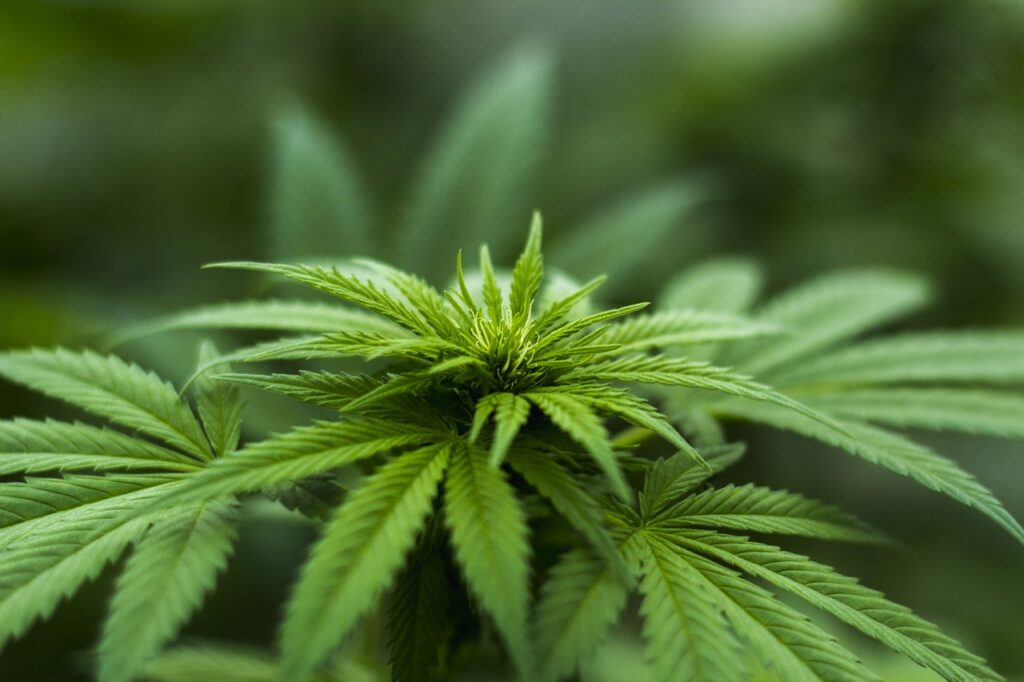
Many turn to cannabis to try and ease depression.
Another study suggested heavy cannabis use might cause depressive symptoms.
Cannabis is linked to psychosis, sleep disruption and anxiety.
These effects can be especially exacerbated in people with pre-existing mental health conditions.
Therefore, a person with depression using cannabis is likely to experience worsened mental health.
Cocaine And Heroin

Cocaine and heroin impact dopamine release.
This is the brain chemical that links to feelings of pleasure.
A person returns to the drug to re-experience pleasure – however, continued use stops the brain from being able to produce dopamine and leaves the person relying on the drug to feel “normal” rather than terrible (the withdrawal, comedown, and craving parts).
The overall ability to experience pleasure anywhere in life is significantly reduced when people use these two drugs.
Depression And Addiction: Dual Diagnosis
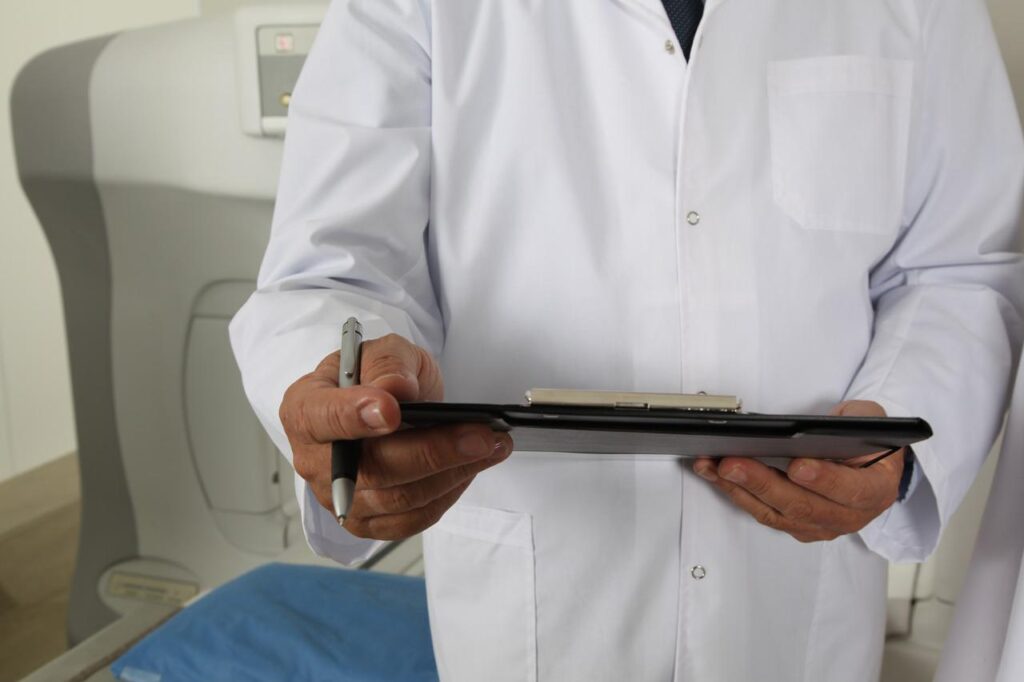
A dual diagnosis is when a professional identifies that two mental health conditions coexist.
In this case it would be addiction and depression.
This is also known as a comorbid condition.
While it might seem overwhelming to realise this is the case, the diagnosis can be really helpful in relation to recovery.
It allows professionals to provide better, relevant treatment and it helps you and the people you love to better understand your condition.
This means that your chances of recovery are much more likely.
With knowledge and understanding comes the power to change.
What To Do If Your Loved One Has An Addiction

Loving someone with an addiction can be extremely challenging to navigate.
This can be especially difficult when depression is present too.
There are ways you can help them as well as yourself and the relationship as a result.
Firstly, accessing support for you helps.
It offers guidance on how to set boundaries, how to develop a positive relationship and how to keep putting yourself first.
Secondly, it’s important to learn about addiction, the substance and depression.
Understanding helps with communication and to keep people in the home, including the substance user safe.
Finally, finding out about treatment options really helps.
While you can’t force a person to be ready to quit a substance, you can offer useful information when they are sober and feeling helpless.
Tips That Help If You Have Depression And Addiction

If you have depression and an addiction, there are a few healthy ways you can support yourself until you access professional treatment and outside of the treatment room:
- Identify what triggers you to feel low and those things that make you want drugs or alcohol.
- Learn and practise strategies to help you regulate your emotions. This might include EFT tapping, mindfully breathing, and grounding techniques
- Socialise with others who are a positive influence. Being isolated makes mental health and addiction symptoms worse.
- Follow your doctor’s guidance, especially around taking medication. Don’t abuse medication by taking more than the recommended dose.
- Take up new interests and develop hobbies so that you bring new value to life.
- Go to support groups in order to connect with people experiencing similar conditions. This helps you learn from others in a grounded way. It’s also a space to make friends.
- Exercise, eat a balanced diet, reduce caffeine and develop a bedtime ritual that promotes sleep.
- Find out about rehab clinics in your area and further afield. Learn what would suit you. If you need support in this area, contact our team at Rehab Recovery.
Rehabilitation Treatment For People With Depression And Addiction

It can be difficult for people to access support through the NHS for depression when they have developed an addiction.
This can be quite frustrating where people know that they drink because of their depression.
In such cases, private rehab is a solution.
Not only because people will be treated for both conditions, but also because private clinics offer the most specialist treatment around addiction in the UK.
This frees up the capacity to face depression.
The Detox Period

When entering rehab for depression and addiction, you’ll likely go through a detox period.
If you’re addicted to a substance which has caused physical dependency and withdrawal is dangerous, a prescription will be offered.
This manages symptoms and keeps you safe.
The detox lasts up to ten days -in this period, your mental health will have been assessed too.
If depression is identified you might also be prescribed a medication for this such as selective serotonin reuptake inhibitors (SSRIs).
Psychological And Alternative Therapies

You’ll also be treated for the underlying causes of the addiction.
This is likely linked to the reasons the depression exists.
Many people with a dual diagnosis discover that when one condition is treated, the other starts to improve –or that it’s easier to face the other.
Treatments offered include:
- Psychotherapy such as Cognitive Behavioural Therapy and Dialectical Behavioural Therapy
- Motivational Interviewing
- Group Therapy
- 12 Step and SMART groups
- Mindfulness
- Yoga
- Family Therapy
- Equine therapy
Aftercare Support When Leaving Rehab

When you leave rehab, you’ll have an aftercare plan.
It will outline goals and steps to take in order to create a healthier life.
There will also be information on people and organisations that you can access for ongoing support.
At a base level, it will include strategies you’ve learned to help you remain sober and links to alumni groups.
Final Thoughts

Depression is highly correlated with addiction, which can be really hard to live with.
Both conditions make the other worse despite many people believing the substances ease depression symptoms.
Usually, professional support becomes inevitable.
At this point, finding a private rehab clinic offers one of the best solutions to begin recovery.
To find the most suitable clinic for you, call the Rehab Recovery team today.


